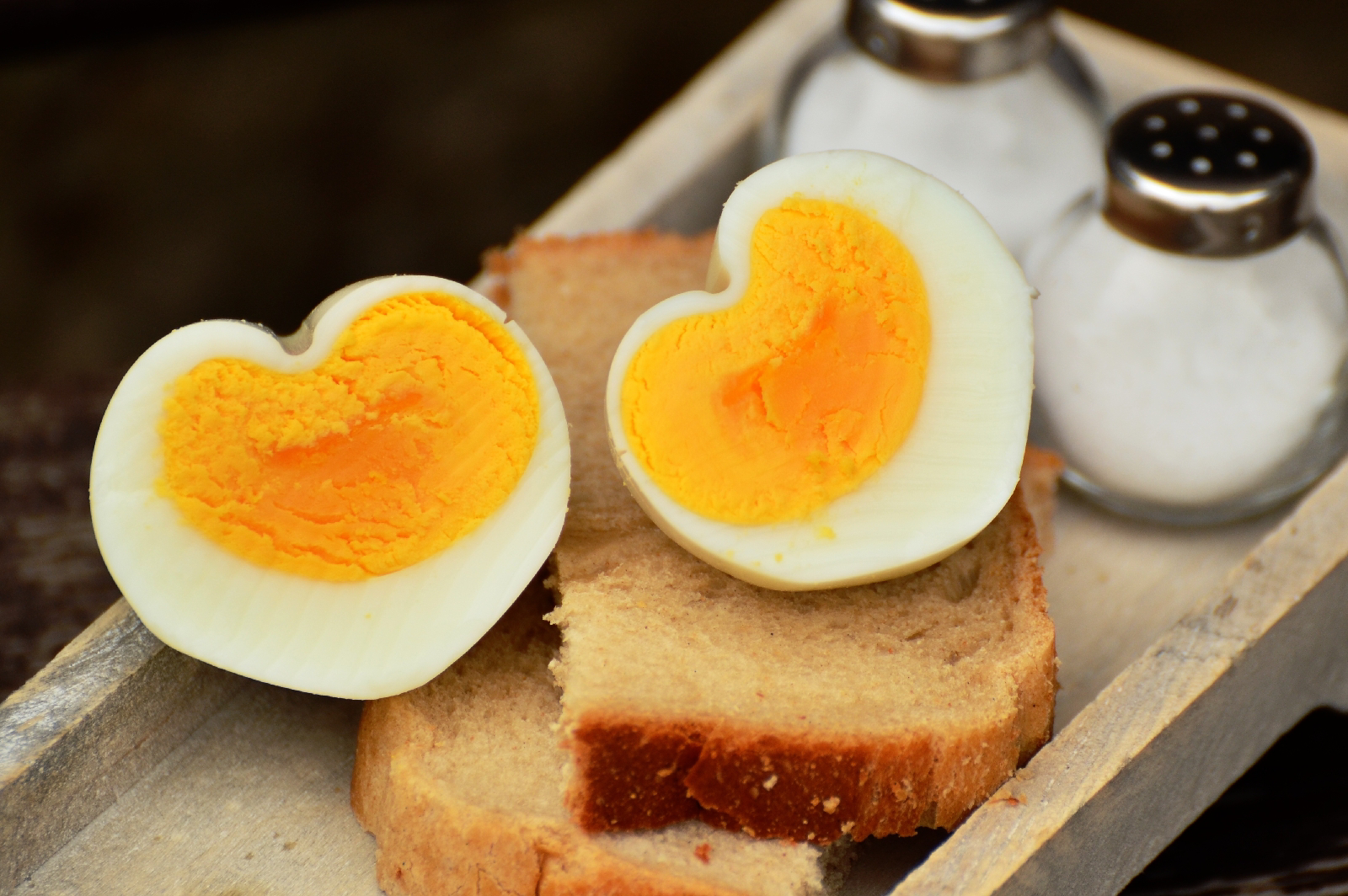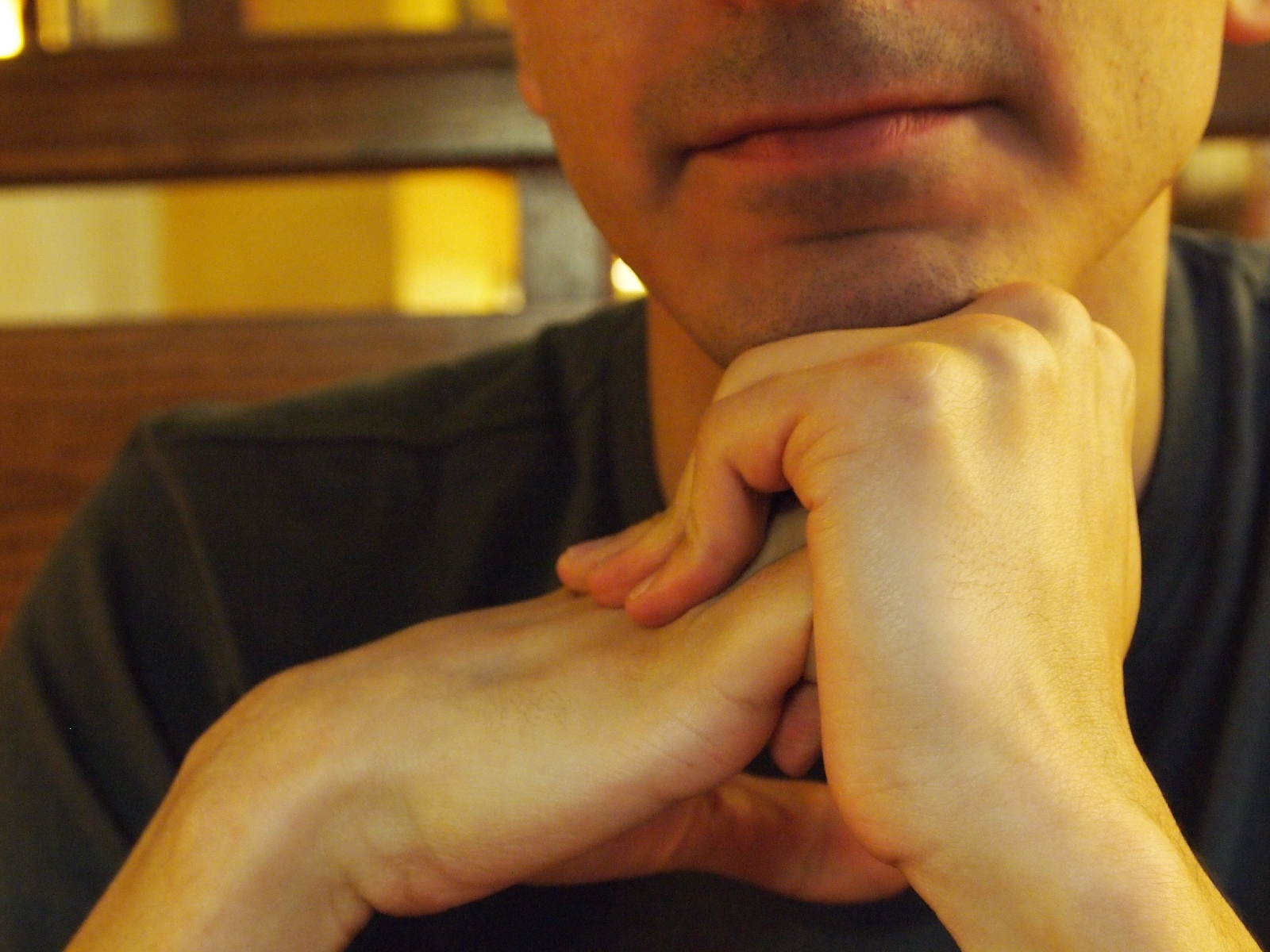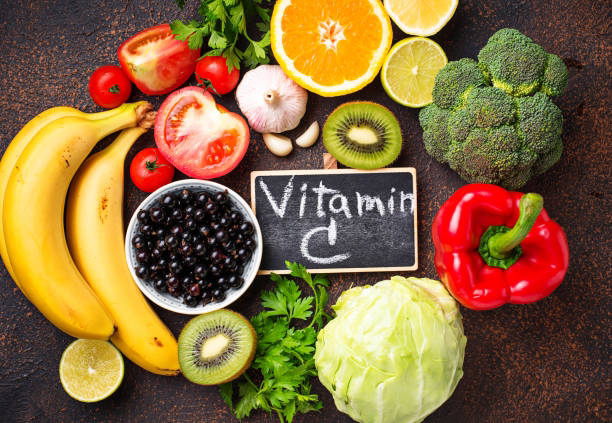We have lost of myth related to our health like some says drinks 8 glass of water some say sweating leads to weight loss and so many like these but we don't know they all are truth or just myths. And ends with question mark but today we will dicuss about 18 Common Health Myths with their facts. So let's just start
1. Myth: "Eating late at night leads to weight gain."
Truth: Weight gain is determined by overall calorie intake and expenditure, regardless of the time you eat. It's the total calorie balance that matters, not the timing of your meals.
Also read Superstition or Logic
2. Myth: "Crash diets are an effective way to lose weight."
Truth: Crash diets that severely restrict calorie intake are not sustainable or healthy. They often result in muscle loss and can lead to weight regain once normal eating resumes.
3. Myth: "Eggs are bad for your heart due to their cholesterol content."
Truth: While eggs are high in dietary cholesterol, research shows that the cholesterol in food has a minimal impact on blood cholesterol levels for most people. Eggs can be part of your healthy diet.
4. Myth: "You can spot-reduce fat in specific areas of your body."
Truth: It's not possible to target fat loss in specific areas. Fat loss occurs throughout the body in a generally uniform manner when you create an overall calorie deficit through diet and exercise.
5. Myth: "Going outside with wet hair will make you sick."
Truth: Being exposed to cold temperatures does not directly cause illnesses like the common cold or flu. These illnesses are caused by viruses, not by being cold or wet.
6. Myth: "You need to detox or cleanse your body regularly."
Truth: Our bodies have natural detoxification mechanisms through organs like the liver and kidneys. There's no need for special detox diets or cleanses as long as you have a balanced, nutritious diet.
Also read 10 Best Detox Juice
7. Myth: "You should always avoid fats for a healthy diet."
Truth: Healthy fats, such as those found in avocados, nuts, and olive oil, are essential for our bodies. They provide energy, support cell function, and aid in nutrient absorption.
Also read Benifits of Lemon juice
8. Myth: "You should never eat before exercising."
Truth: Eating before exercise can provide fuel for your workout and improve performance, especially for longer or more intense workouts. Choose easily digestible foods for pre-workout snacks or meals.
9. Myth: "More protein equals more muscle."
Truth: While protein is essential for muscle growth and repair, excessive protein intake does not automatically lead to more muscle. Optimal protein intake, combined with resistance training, is what promotes muscle development.
10. Myth: "Stretching before exercise prevents injury."
Truth: Static stretching before exercise may actually decrease performance and does not prevent injuries. It's better to warm up dynamically with movements that mimic the activity you're about to perform.
11. Myth: "You need to drink eight glasses of water a day."
Truth: While staying hydrated is crucial, the notion that you must drink exactly eight glasses of water every day is a myth. Water needs vary depending on factors such as body weight, activity level, climate, and overall health. When your body needed water you should drink water.
12. Myth: "Cracking your knuckles leads to arthritis."
Truth: The sound of knuckle cracking may be unsettling, but it doesn't cause arthritis. The popping sound is a result of gas bubbles being released from the joint. Multiple studies have found no connection between knuckle cracking and the development of arthritis.
13. Myth: "Eating after 8 p.m. causes weight gain."
Truth: The belief that eating late at night leads to weight gain is a misconception. Weight gain is determined by the total calories consumed throughout the day, regardless of the time. However, eating heavy meals close to bedtime may disrupt sleep, so it's advisable to opt for lighter, balanced snacks if you feel hungry in the evening.
14. Myth: "Low-fat or fat-free products are always healthier."
Truth: Low-fat or fat-free products aren't always healthier. In many cases, these products compensate for the reduced fat content by adding extra sugar or artificial additives to enhance flavor. Healthy fats, such as those found in avocados and nuts, are essential for a balanced diet. Moderation and choosing whole foods should be prioritized.
Also read Food combination to avoid
15. Myth: "The more you sweat, the more calories you burn."
Truth: Sweat is not an accurate indicator of how many calories you burn during exercise. Sweating is the body's way of regulating temperature, and it varies from person to person. The actual calorie burn depends on factors like exercise intensity, duration, and individual metabolism.
16. Myth: "Eating carbs will make you gain weight."
Truth: Carbohydrates are an essential energy source for the body. Weight gain is a result of consuming an excessive number of calories, irrespective of their origin. Choosing whole grain, fiber-rich carbs like brown rice, quinoa, and sweet potatoes is beneficial for overall health and weight management.
17. Myth: "You can cure a cold with vitamin C."
Truth: While vitamin C is vital for a healthy immune system, it cannot cure a cold once it has taken hold. However, consuming foods rich in vitamin C can help support the immune system and potentially reduce the duration and severity of a cold.
18. Myth: "You should always avoid all types of fats."
Truth: Not all fats are created equal. Saturated and trans fats found in processed foods and some animal products should be limited as they can contribute to health issues. However, unsaturated fats, such as those found in olive oil, avocados, and fatty fish, are beneficial for heart health and should be included in a balanced diet.
Also read why do we get mouth ulcers?
Hope in today's article you get your question's answer.
Remember, consulting with healthcare professionals, such as doctors, nutritionists, or registered dietitians, can provide personalized guidance and help separate fact from fiction when it comes to your health.













0 Comments